Nepal has won the triangular one-day series title under the ICC Men's One-day World Cup League 2. In the fourth and last match of the series held at TU Cricket Ground today, Nepal defeated Scotland by 2 wickets to end as winner undefeated in the series also involving Namibia.
In the match today, after winning the toss and inviting Scotland to bat first, Nepal restricted the visitors to 212 runs taking all its wickets in 46.1 overs. In reply, Nepal reached the victory target of 213 runs at the loss of 8 wickets in 44.1 overs.
Nepali team captain Rohit Kumar Paudel scored an unbeaten 95 runs while Karan KC remained not out with 31 runs to ensure a famous victory after the initial set back. The home team had lost 8 wickets when KC joined his captain in the 32nd over, with only 138 runs on the board. But the 9th wicket partnership remained unbroken with player-of-the-match Paudel hitting a four to close the innings for the fourth win in as many matches.
Similarly, Gyanendra Malla contributed 21 runs while Kushal Malla and Ashif Sheikh scored 17 and 12 runs respectively.
For the bowling side, Mark Watt took 3 wickets and Chris Graves took 2 wickets.
Earlier, for Scotland George Munsey was the top-scorer with 60 runs before being bowled out by Sandeep Lamichhane, who took 4 wickets. Similarly, Matthew Cross scored 42, Brandon McMullen scored 31 while Kyle Kotzer and Christopher McBride scored 22 runs each.
For Nepal, Karan KC took 3 wickets while Lalit Narayan Rajbanshi and Kushal Malla took one wicket each.
In their first match under the series, Nepal had defeated Scotland by 3 wickets. Nepal also defeated Namibia twice, by 2 wickets and 3 wickets respectively.
In League 2 points table, Nepal remains in the sixth place with 26 points. Namibia is in the third position with 37 points. Scotland has been declared the winner of League 2 with 50 points in 36 matches.
-RSS

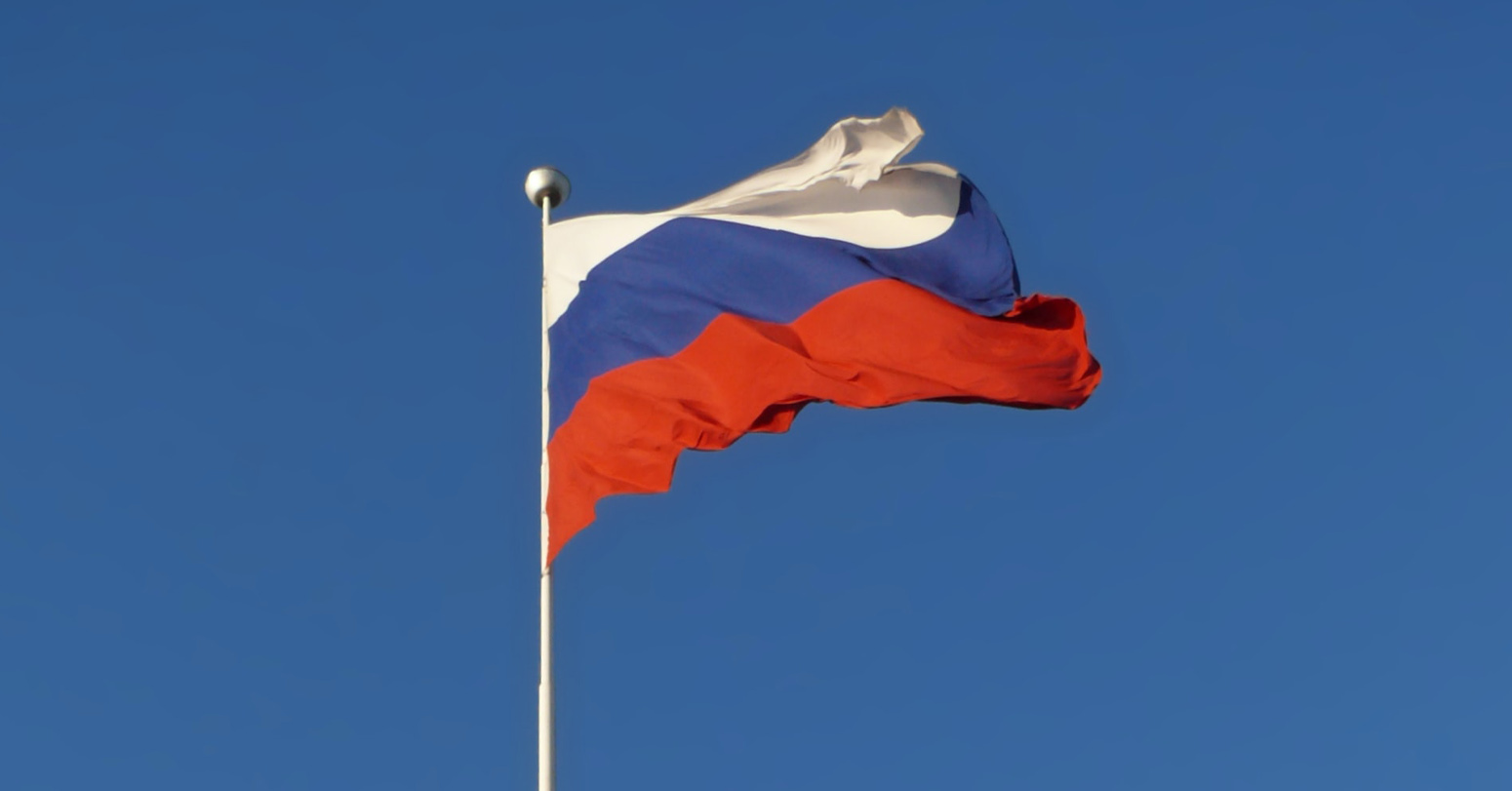

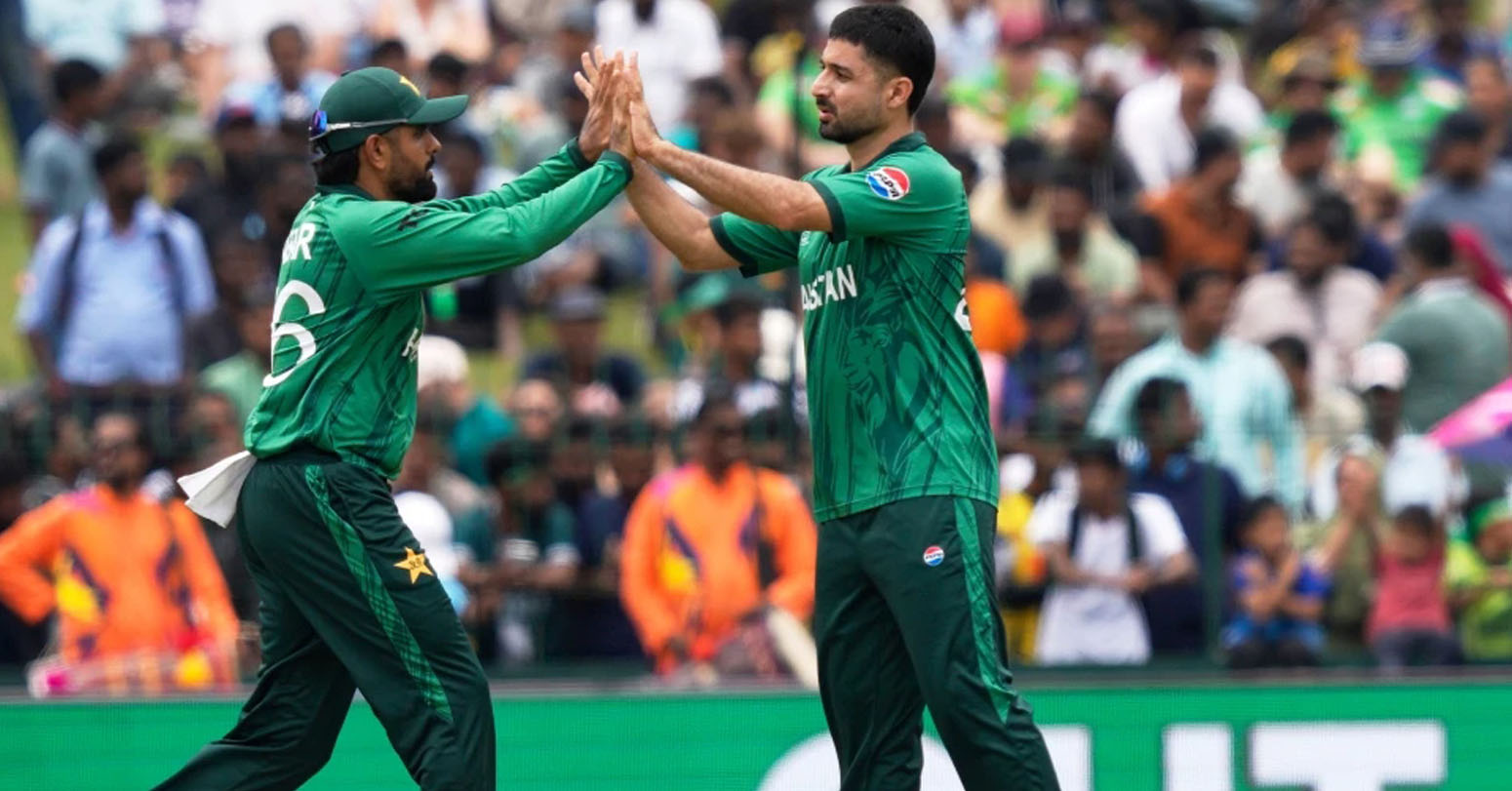
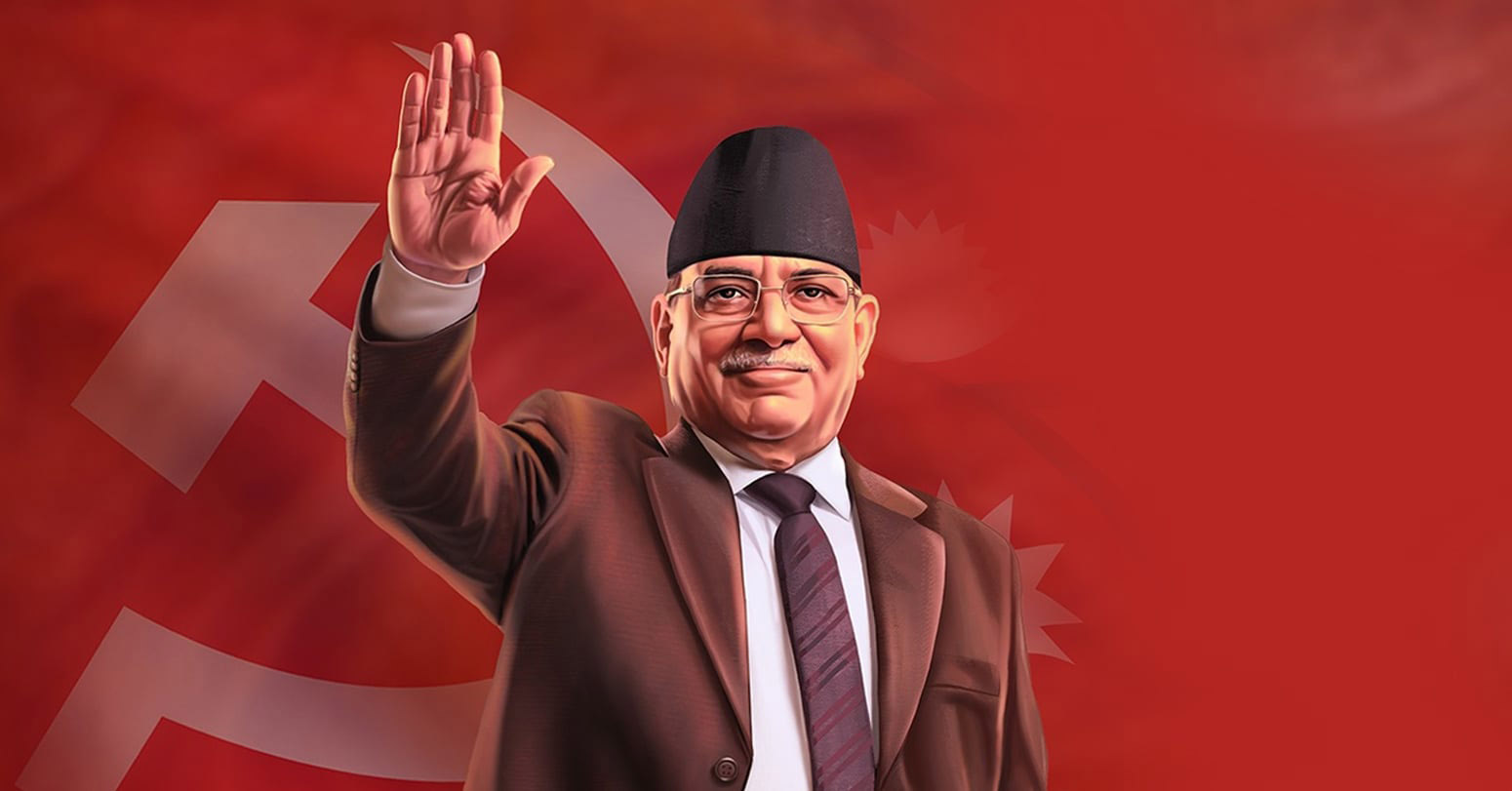

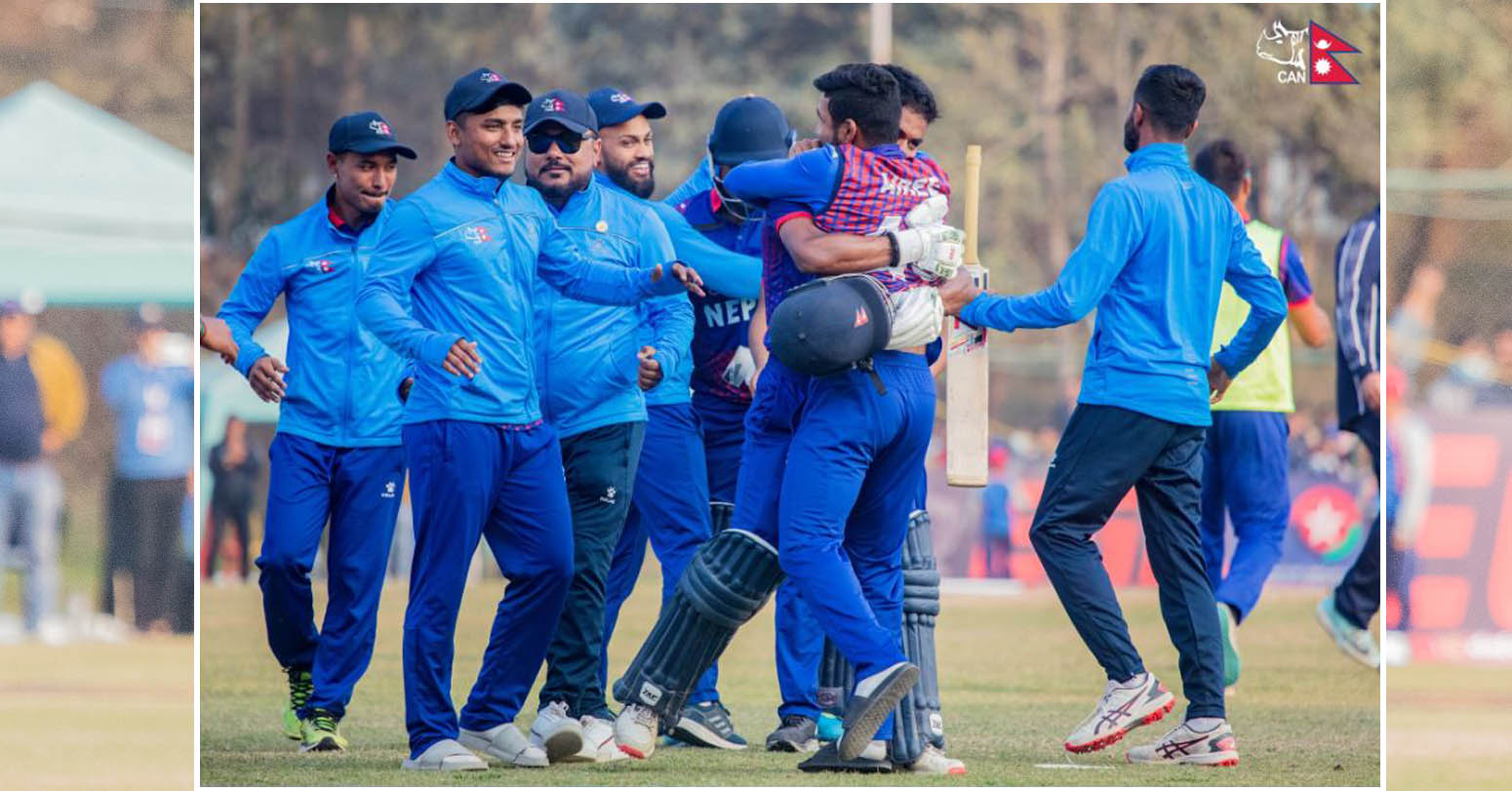






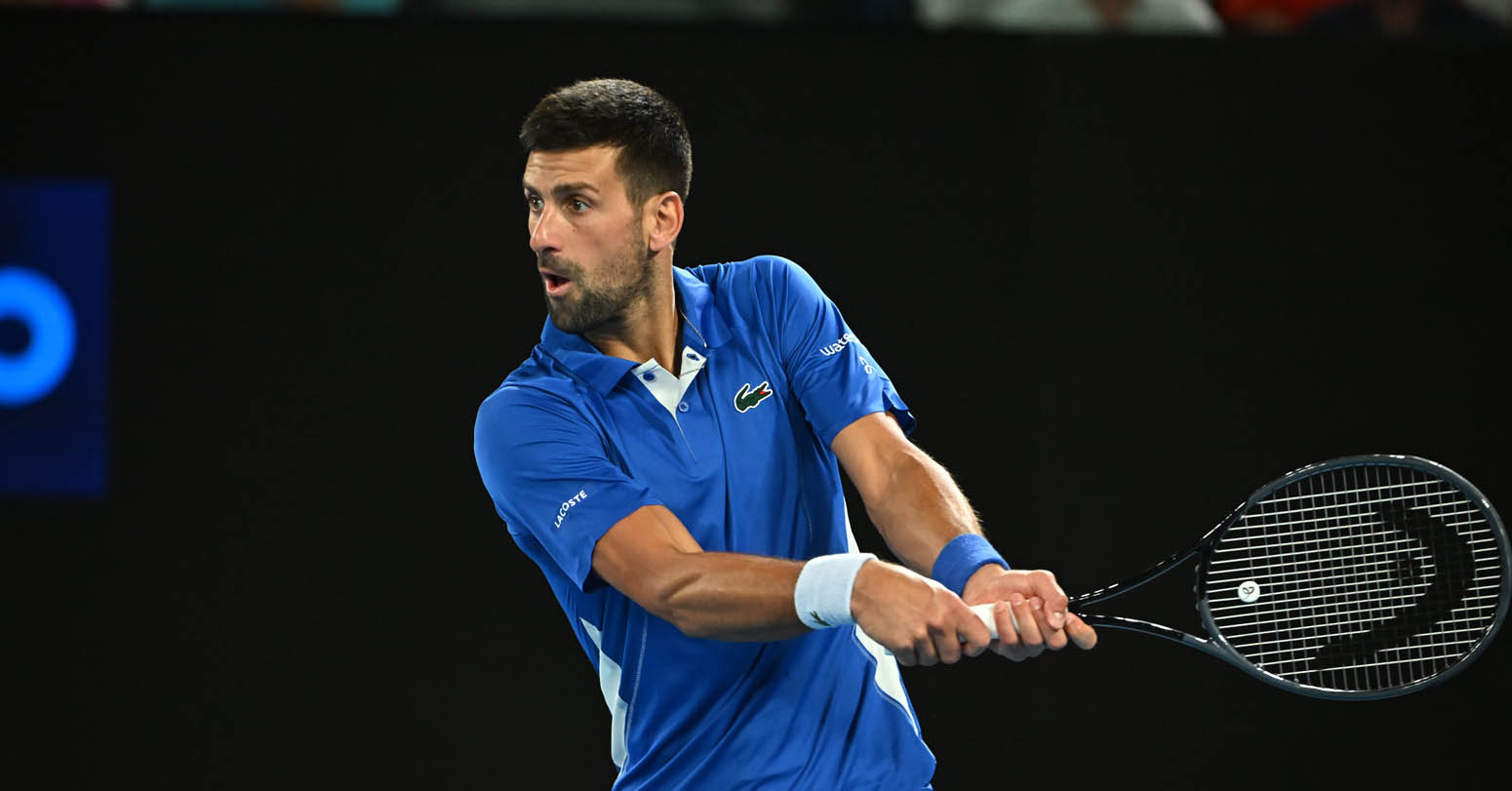
Middle-aged man spends millions to
Dr. Dharam Raj Upadhyay: Man
Children, Greatest Victims Of Sudan’s
Breathing The Unbreathable Air
Comprehensive Data Protection Law Critically
Gender Differences In Mental Healthcare